Dr. Loren Mosher, in an interview for “Changing Our Minds” (http://www.changingourmindsmovie.com for complete DVD), a documentary on mental health, talks about the Soteria project, a long term study on alternative, non-neuroleptic drug treatments for schizophrenia. Purchase the complete DVD at http://www.changingourmindsmovie.com
Category: neuroscience – Page 644
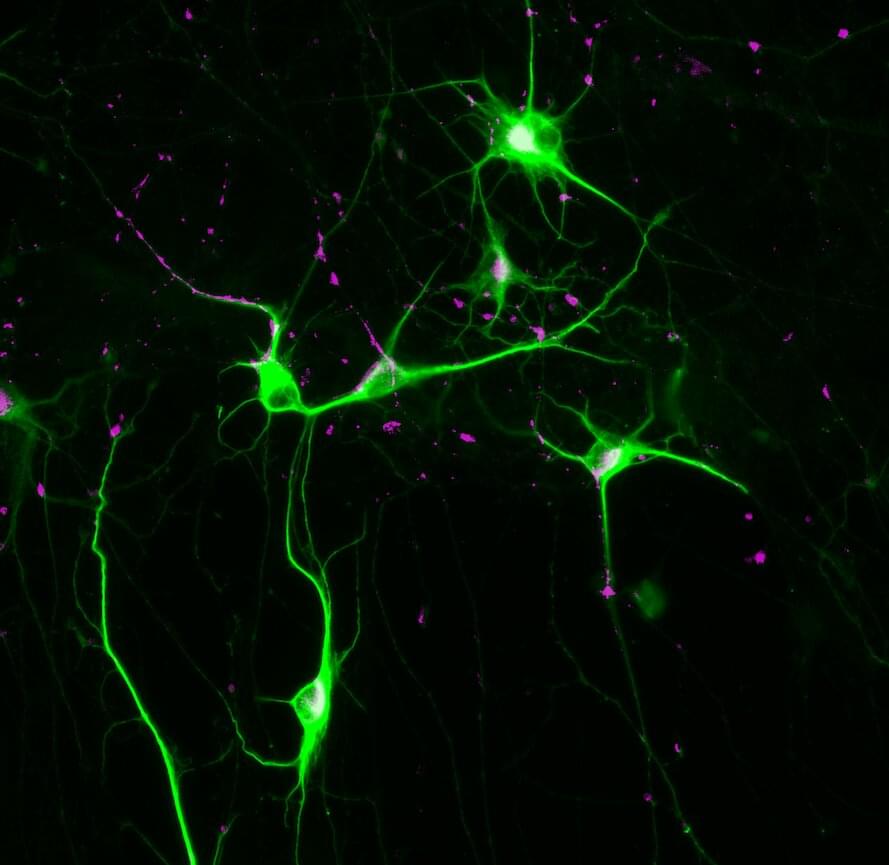
Potential therapeutic target for schizophrenia identified
Targeting calcium signaling in neurons represents a promising therapeutic approach for treating a rare form of schizophrenia, according to a Northwestern Medicine study published in Biological Psychiatry.
“This is the first time that human neurons are made and characterized from schizophrenia patients with the 16p11.2 duplication, one of the most prominent genetic risk factors in schizophrenia, and the first time that calcium signaling is found as a central abnormality in schizophrenia neurons,” said Peter Penzes, Ph.D., the Ruth and Evelyn Dunbar Professor of Psychiatry and Behavioral Sciences and senior author of the study.
Schizophrenia is characterized by auditory and visual hallucinations, delusions, and trouble with forming and sorting thoughts, which severely impacts productivity and overall quality of life. The disease, which affects roughly one percent of the general population, has strong genetic associations, however the exact genes involved are unknown.
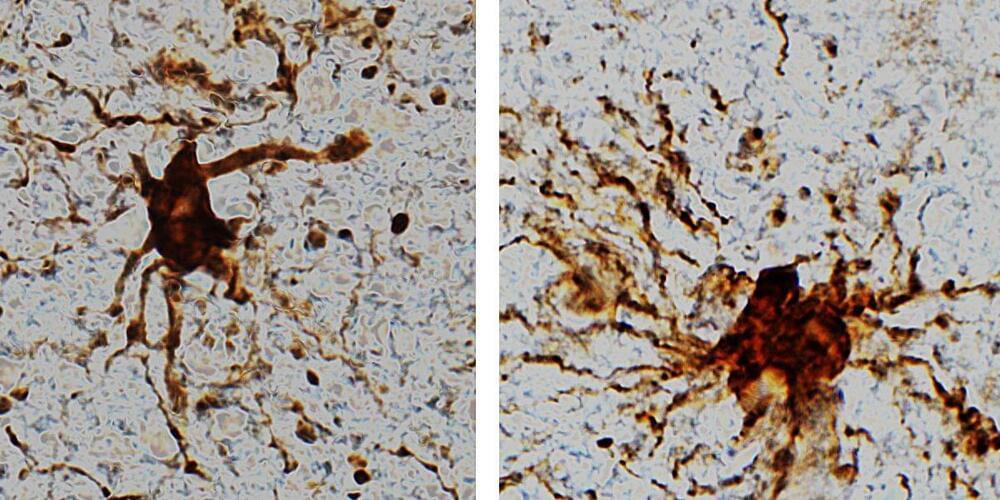

Quebec Hospital Using Virtual Reality to Address Increasing Mental Health Issues from the Pandemic
A Quebec hospital adopts a novel use of VR to help patients with anxiety, phobias and pain.
In a newswire release today, the Fondation de l’Hôtel-Dieu d’Alma (the Alma Hospital Foundation) announced the launch of a virtual reality (VR) project aimed at improving the mental health of those experiencing increasing anxiety. The Alma Hospital is a regional health centre for the area of Lac St. Jean and the Saguenay River valley to the north of Quebec City.
Jean Lamoureux, the hospital’s Executive Director states, “The number of requests for mental-health consultations is estimated to have increased by 30 to 40 percent during the pandemic. These needs are urgent…and, thanks to the innovation of Paperplane Therapeutics and TELUS, we will transform the way health services are delivered, while having a significant positive impact on patient well-being through technology.”
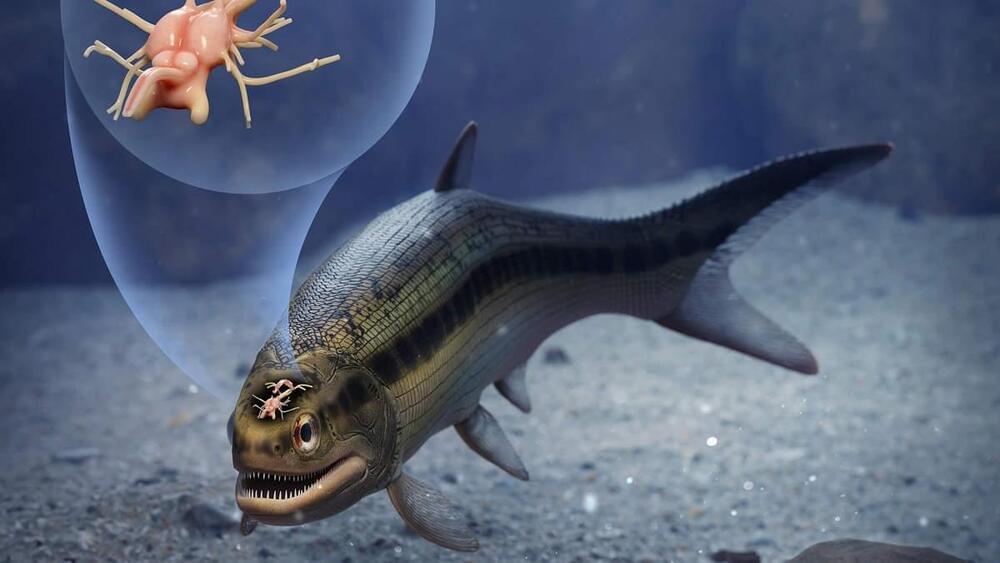
Oldest brain in a backboned animal found in fish fossil
Very old brain, some ancient philosophy maybe…
A fossilised fish originally dug up more than a century ago in an English coal mine has been shown to hold the world’s oldest brain in a vertebrate animal.
CT scans revealed the new internal features including a brain and cranial nerves about 2 centimetres long.
Soft tissue such as internal organs decay very quickly and very rarely fossilise.
Dr Nir Barzilai, MD — Advancing Geroscience & Gerotherapeutics — Albert Einstein College of Medicine
Advancing Geroscience & Gerotherapeutics — Dr. Nir Barzilai, MD, Albert Einstein College of Medicine.
Dr. Nir Barzilai, MD (https://www.einsteinmed.edu/faculty/484/nir-barzilai/) is the Director of the Institute for Aging Research at the Albert Einstein College of Medicine and the Director of the Paul F. Glenn Center for the Biology of Human Aging Research and of the National Institutes of Health’s (NIH) Nathan Shock Centers of Excellence in the Basic Biology of Aging. He is the Ingeborg and Ira Leon Rennert Chair of Aging Research, professor in the Departments of Medicine and Genetics, and member of the Diabetes Research Center and of the Divisions of Endocrinology & Diabetes and Geriatrics.
Dr. Barzilai’s research interests are in the biology and genetics of aging, with one focus of his team on the genetics of exceptional longevity, where they hypothesize and demonstrate that centenarians (those aged 100 and above) may have novel protective genes, which allow the delay of aging or for the protection against age-related diseases. The second focus of his work, for which Dr. Barzilai holds an NIH Merit award, is on the metabolic decline that occurs during aging, and his team hypothesizes that the brain leads this decline with some very interesting neuro-endocrine connections.
Dr. Barzilai is currently leading an international effort to approve drugs that can target aging (Gerotherapeutics). Targeting Aging with METformin (TAME) is a specific study designed to prove the concept that a basket of diseases (multi-morbidities) of aging can be delayed simultaneously, in this protocol by the drug metformin, working with the FDA to approve this approach which will serve as a template for future efforts to delay aging and its diseases in humans.
Dr. Barzilai has received numerous grants, among them ones from the National Institute on Aging (NIA), American Federation for Aging Research, the Ellison Medical Foundation and The Glenn Medical foundation. He has published over 280 peer-reviewed papers, reviews, and textbook chapters. He is an advisor to the NIH on several projects and serves on several editorial boards and is a reviewer for numerous other journals.

‘Time is not what it used to be’: Children and adults shown to experience time differently
Researchers at Eötvös Loránd University have investigated whether the perception of time changes with age, and if so, how, and why we perceive the passage of time differently. Their study was published in Scientific Reports.
Time can play tricks on us. Many of us experienced the illusion that those long summers during childhood felt so much longer than the same 3 months feel like now as an adult. While we can argue why one summer may appear longer than the other and how the perception of time can compress and dilate durations depending on various factors, we can easily set up an experiment to gain more insights.
The researchers just did that. They asked how eventfulness affects our duration estimates when probing at different milestones during our cognitive development. They set aside three age groups, 4–5, 9–10, and 18 years and older, and made them watch two videos, 1 minute each. The two videos were extracted from a popular animated series, balanced in visual and acoustic features, except for one feature: eventfulness.
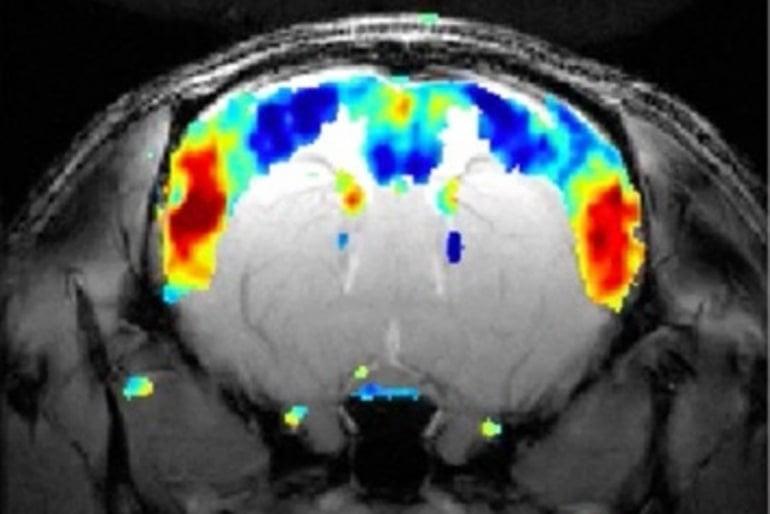
The Brain Works Like a Resonance Chamber
Summary: Using advanced neuroimaging techniques, researchers discovered distant brain regions oscillate together in time.
Source: champalimaud centre for the unknown.
It’s been over 20 years since neuroimaging studies – using functional magnetic resonance imaging (fMRI), a widely-used technology to capture live videos of brain activity – have been detecting brain-wide complex patterns of correlated brain activity that appear disrupted in a wide range of neurological and psychiatric disorders.

Prolific autism researcher has two dozen papers retracted
𝐏𝐫𝐨𝐥𝐢𝐟𝐢𝐜 𝐚𝐮𝐭𝐢𝐬𝐦 𝐫𝐞𝐬𝐞𝐚𝐫𝐜𝐡𝐞𝐫 𝐡𝐚𝐬 𝐭𝐰𝐨 𝐝𝐨𝐳𝐞𝐧 𝐩𝐚𝐩𝐞𝐫𝐬 𝐫𝐞𝐭𝐫𝐚𝐜𝐭𝐞𝐝
An autism researcher lost two dozen papers to retraction in January, eight years after the publisher was made aware of potentially troubling editorial practices. Elsevier, the publisher, cited undisclosed conflicts of interest, duplicated methodology and a “compromised” peer-review process as reasons for the retractions.
The papers were published in Research in Developmental Disabilities and Research in Autism Spectrum Disorders between 2013 and 2014 — a period when Johnny Matson, then professor of psychology at Louisiana State University (LSU) in Baton Rouge and an author on all of the papers, was editor-in-chief of both journals.
Elsevier’s retractions focus on peer review and conflicts of interest.
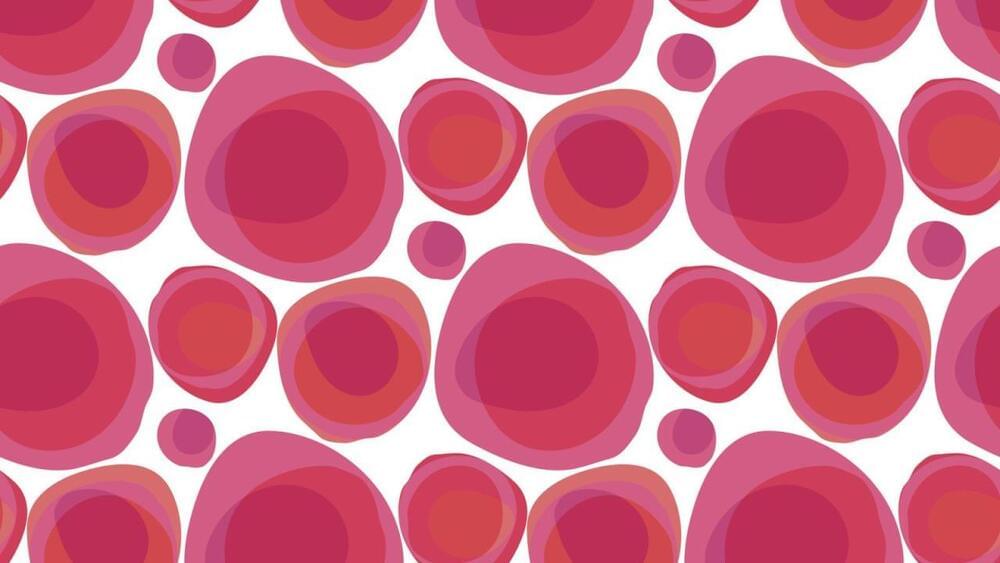
Will Revitalizing Old Blood Slow Aging?
Rejuvenating an older person’s blood may now be within reach, based on recent findings from Passegué’s lab published in Nature Cell Biology(link is external and opens in a new window).
Passegué, with her graduate student Carl Mitchell, found that an anti-inflammatory drug, already approved for use in rheumatoid arthritis, can turn back time in mice and reverse some of the effects of age on the hematopoietic system.
Nature article:
https://www.nature.com/articles/s41556-022-01053-0
Young blood may be an elixir for older bodies, rejuvenating aging hearts, muscles, and brains. But how can old blood become young again? Columbia stem cell scientists may have found a way.